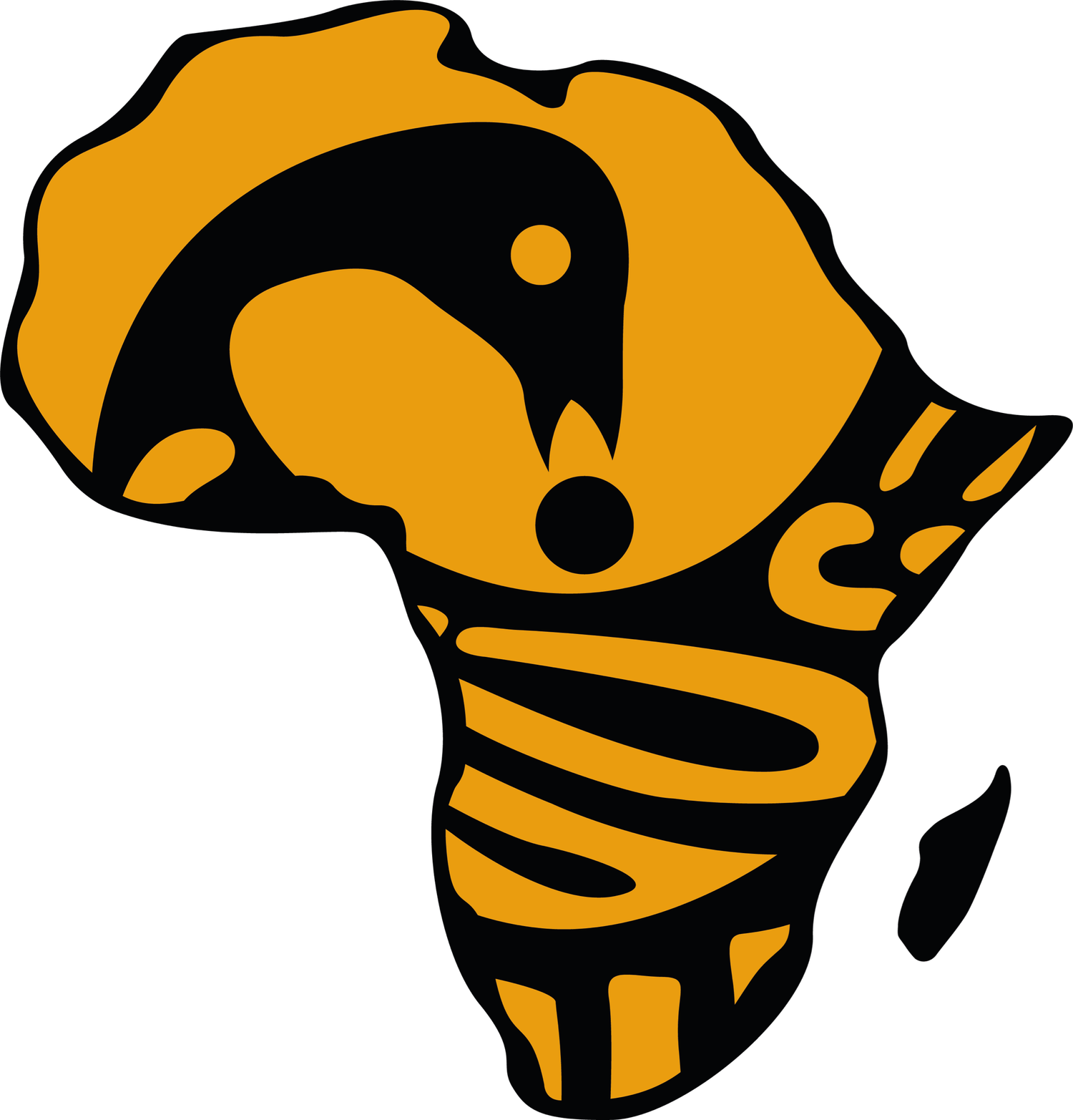Economic Control
Click here to download this lesson in slideshow format
Welcome to Political Science Level 1, Lesson 2: Economic Control
In this lesson, you will learn about:
The International Monetary Fund (IMF) and the World Bank (WB)
Economic sanctions
The economic legacy of colonialism
The role of import and export tax
Different industries in underdeveloped countries
Objectives
By the end of this lesson you will understand:
What role the IMF and WB play in underdeveloped countries
How colonial debts affect African and Caribbean countries
How underdeveloped countries are controlled to provide for developed countries
The economic control of Africa is an integral part of neo-colonialism. Financial institutions such as the International Monetary Fund (IMF) and the World Bank (WB) enact an economic assault on African states. These financial institutions interact with African nations on the grounds of wanting to help solve the problems of poverty. In reality, they only make the problem worse by promising loans which are full of conditions and high interest.
The conditions of loans involve the selling of the country's key assets for low prices, cutting jobs in the public sector (such as healthcare and education), and re-focusing production onto items that supposedly improve the economy. Formally, these are called “structural adjustment programs” (SAPs) and do nothing but destroy a country's chance at self-sufficiency.
If a country is already receiving aid, financial institutions can withhold aid until their demands are met. This does nothing but harm everyday people who have become dependent on aid due to a lack of industry. Black countries prior to the appearance of financial institutions were prevented from developing industries through colonial policies. A lack of industries means no products are made, and the country becomes reliant on financial institutions, exports and aid for its income. When a country is made to sell off its key assets, it automatically surrenders its future earnings.
These same underdeveloped countries also owe debts for ridiculous things. France forced its former African colonies to pay for “the benefits of colonisation.” The debts that were stacked up by the white regime that enforced apartheid in South Africa were placed on Nelson Mandela’s ANC government - who were forced to pay $4 billion a year to the IMF. Even Haiti was forced to pay back billions to France for their colonial “loss of property.” How can the formerly enslaved be indebted to their enslavers?
A major way these SAPs claim to help underdeveloped countries is by freeing up government funds. This is done by cutting jobs in the public sector! Millions are left unemployable and healthcare, education and travel sectors all suffer as the country struggles to function.
In other instances, SAPs force African and Caribbean governments to privatise their public sector. This means that citizens have to pay for healthcare, education and travel among other things. This not only allows white-owned multinational corporations to make money from everyday people, but means that many people are denied access to healthcare and education due to their cost.
The refocusing of a country's production onto exports such as minerals, fossil fuels, crops and metals, coupled with the removal of import taxes, also leaves it vulnerable. Import tax is a sum of money companies have to pay if they want to import goods into a country. The tax is designed to protect local businesses by ensuring the imports cannot undercut locally produced goods.
The growth of cash crops, which are crops that are exported for sale around the world, are favoured over food crops. This means some countries are left with food shortages and can experience famines. Multinational corporations are able to profit from these situations, as it allows them to import and sell food in these countries. Like a double-edged sword, the imported food is sold cheaper, due to the lack of import tax, than locally produced food. This practice kills local businesses who are unable to compete with the low prices, further destroying the economy.
This leads to situations where countries are completely dependent on foreign governments and corporations: In Jamaica, an island, they are made to import fish; in Ghana, a country rich in cacao trees, they are made to import chocolate; in Haiti, the creole pig population was exterminated so that pigs could be imported from the USA.
The combined effect of these policies keep Black countries indebted and attached to neo-colonial powers as a cheap source of labour and resources.


